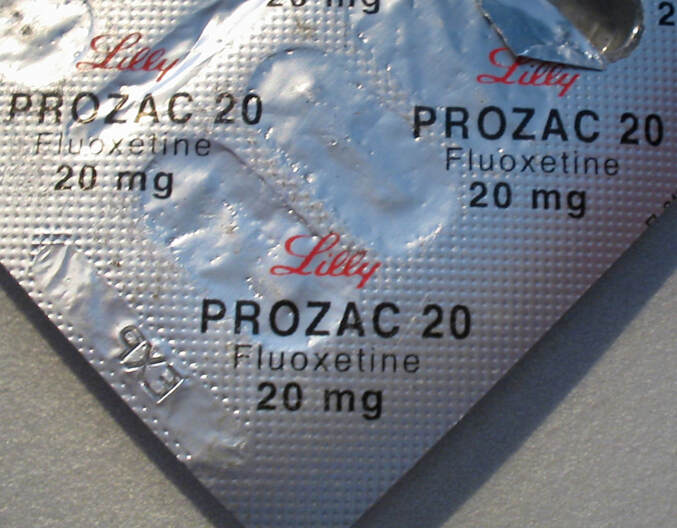The Impact of Age on Antidepressant Response
Depression is a common mental and mood disorder that frequently begins in adolescence and tends to persist into late adulthood. Between 1990 and 2007, the number of years lived with depressive disorders increased by more than a third and depressive disorders became the third most common cause of years lived with disability. Selective serotonin reuptake inhibitors (SSRIs) are the most common treatment for major depressive disorder (MDD), however, antidepressant response in adults approaches only 50%. Antidepressant response is associated with a decrease in depressive symptoms compared to the individual’s baseline depression. There are many factors that impact response to antidepressants, some of which include genetic and clinical factors. Genetic factors involve inflammation and the presence of two or more medical conditions in a patient—such as depression and anxiety. Less inflammation has been associated with greater SSRI response and comorbidities have been associated with lessened response. Clinical factors involve employment, college education, severity, and how chronic the illness is. In older adults, inflammation, chronicity, and comorbidities are often greater. Despite evidence that suggests SSRIs may be less effective in adolescents and older adults, the impact of age on antidepressant treatment across the lifespan has not been widely explored.
A 2023 study was the first to examine how antidepressant response varies across the lifespan and in turn helped to inform precision medicine approaches in both youth and adults with MDD. The study collected data from three trials of pharmacotherapy—the treatment of health conditions by using drugs as medication—for MDD and analyzed the responses of each of the trials against age and gender factors. The study found that participants younger than 21 and older than 55 had slower and reduced response to pharmacotherapy. The greatest response to antidepressants was in participants aged 22-35. They also found that women across all age ranges tended to have greater improvement in antidepressant response than men.
The reasons behind these age-related differences may be due to multiple factors. For younger participants, response may be influenced by family and school. Additionally, the neurobiology of early-onset major depressive disorder is distinct from MDD which emerges later in life. For older participants, response may be hindered by greater systemic inflammation, cellular senescence, depression chronicity, and unique mental and social stressors. Additionally, the natural course of depression varies across the lifespan. The results from this study have implications for future clinical trials. Since many studies have a large age range of participants, age-related effects may obscure the ability to see differences in antidepressant response. Age may also be a driving force for other factors that influence response, such as inflammation and overall health. With these findings in mind, it is important that treatment planning for younger and older patients with MDD include targeted strategies to boost SSRI response.
The reasons behind these age-related differences may be due to multiple factors. For younger participants, response may be influenced by family and school. Additionally, the neurobiology of early-onset major depressive disorder is distinct from MDD which emerges later in life. For older participants, response may be hindered by greater systemic inflammation, cellular senescence, depression chronicity, and unique mental and social stressors. Additionally, the natural course of depression varies across the lifespan. The results from this study have implications for future clinical trials. Since many studies have a large age range of participants, age-related effects may obscure the ability to see differences in antidepressant response. Age may also be a driving force for other factors that influence response, such as inflammation and overall health. With these findings in mind, it is important that treatment planning for younger and older patients with MDD include targeted strategies to boost SSRI response.
Featured Image Source: Assorted pharmaceuticals by LadyofProcrastination is licensed under CC BY-NC-SA 2.0
RELATED ARTICLES
|
Vertical Divider
|
Vertical Divider
|
Vertical Divider
|






